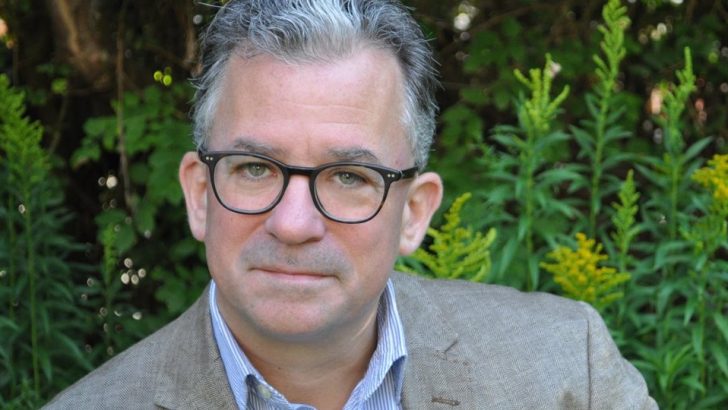Online debate over converts in the Church, addressed in The Irish Catholic in the August 3 article ‘Late labourers can do vital work’, shows no sign of going away.
Joseph Shaw, who blogs at lmschairman.org, posted on Twitter an interesting passage from Joseph Pearce’s book Literary Converts, detailing how the converts Arnold Lunn and Frank Sheed debated in 1933 whether converts or cradle Catholics are of more value to the Church.
Converts, answered Sheed, especially because “of what they had done for the Catholic intellectual revival”; Lunn, meanwhile, “found it hard to think of anything at all to be said for born Catholics”.
Reading such comments, one wonders whether the prayers of the vast majority of cradle Catholic laity – overwhelmingly working-class Catholics of Irish birth or background – counted for nothing to their literary judges, whether the pennies and shillings they scrimped and saved and offered up to build churches and schools across England mattered not a jot, and whether their everyday acts of love and mortification were somehow valued less than the ability to turn a phrase.
General rule
The line that converts as a general rule are better Catholics and know more about the Faith than
those raised in the Church was a deafening refrain among those who vented their fury online about Austen Ivereigh’s cruxnow.com piece ‘Pope Francis and the convert problem’; it wasn’t long before Dr Ivereigh donned figurative sackcloth and ashes for a second Crux article headed ‘An apology for needless offence – and how to disagree better’.
Over at ncronline.org, Michael Sean Winters, who could be said to have lit the fuse in this explosive debate, expands on the subject in ‘A deeper look at the controversy over converts who criticise the Pope’.
Stressing that he had clearly expressed a frustration only with those converts who criticise the Pope, Winters emphasises – as someone who runs Rite of Catholic Initiation for Adults courses – how converts can renew cradle Catholics’ faith and how much work is involved in conversion.
“You see, conversion doesn’t stop when you join the Catholic Church,” he writes, observing that we should all be constantly converting to “an ever more faithful clinging to Christ” that calls us to a humility often lacking in criticisms of the Pope.
Such humility stands at the heart of David Mills’ cruxnow.com article ‘Newcomers to the Church should speak less, listen more’. A convert himself, the former First Things executive editor, now editorial director of ethikapolitika.org, distinguishes between knowing ‘Catholic stuff’ and internalising Catholic attitudes, and – pointing to the example of Blessed John Henry Newman – calls on converts to focus more on discipleship than criticism.
Not, of course, as Winters rightly points out, that all critics of current matters in the Church are converts, with perhaps the archcritic of the current papacy being Cardinal Raymond Burke.
Interviewed at thewandererpress.com, the Wisconsin-born prelate claims that the Church is in danger of schism in the aftermath of Amoris Laetita, and says: “The Popes are all to proclaim and be obedient to the one true Catholic Faith. If not, they have been deposed, as in the case of Pope Honorius.”
None of the Popes named Honorius was, in fact, deposed – a glaring error that is curiously passed over without comment in ncregister.com and lifesitenews.com reports on the interview – but what’s striking here is that a cardinal who has been speaking for months about ‘correcting’ the Pope should raise such a point.
Turning to how he would ‘correct’ the Pope, he says: “It is done very simply by a formal declaration to which the Holy Father would be obliged to respond.” This is necessary, he says, because the Church’s teaching on such matters as marriage, the family, acts that are intrinsically evil “are not clear in the current teachings of the Roman Pontiff”.
Of course, there are plenty to whom the Pope’s teaching on these matters is utterly clear, but that’s perhaps where the old saying “what people hear depends on who is doing the hearing” comes into play.


 Greg Daly
Greg Daly Austen Ivereigh.
Austen Ivereigh.